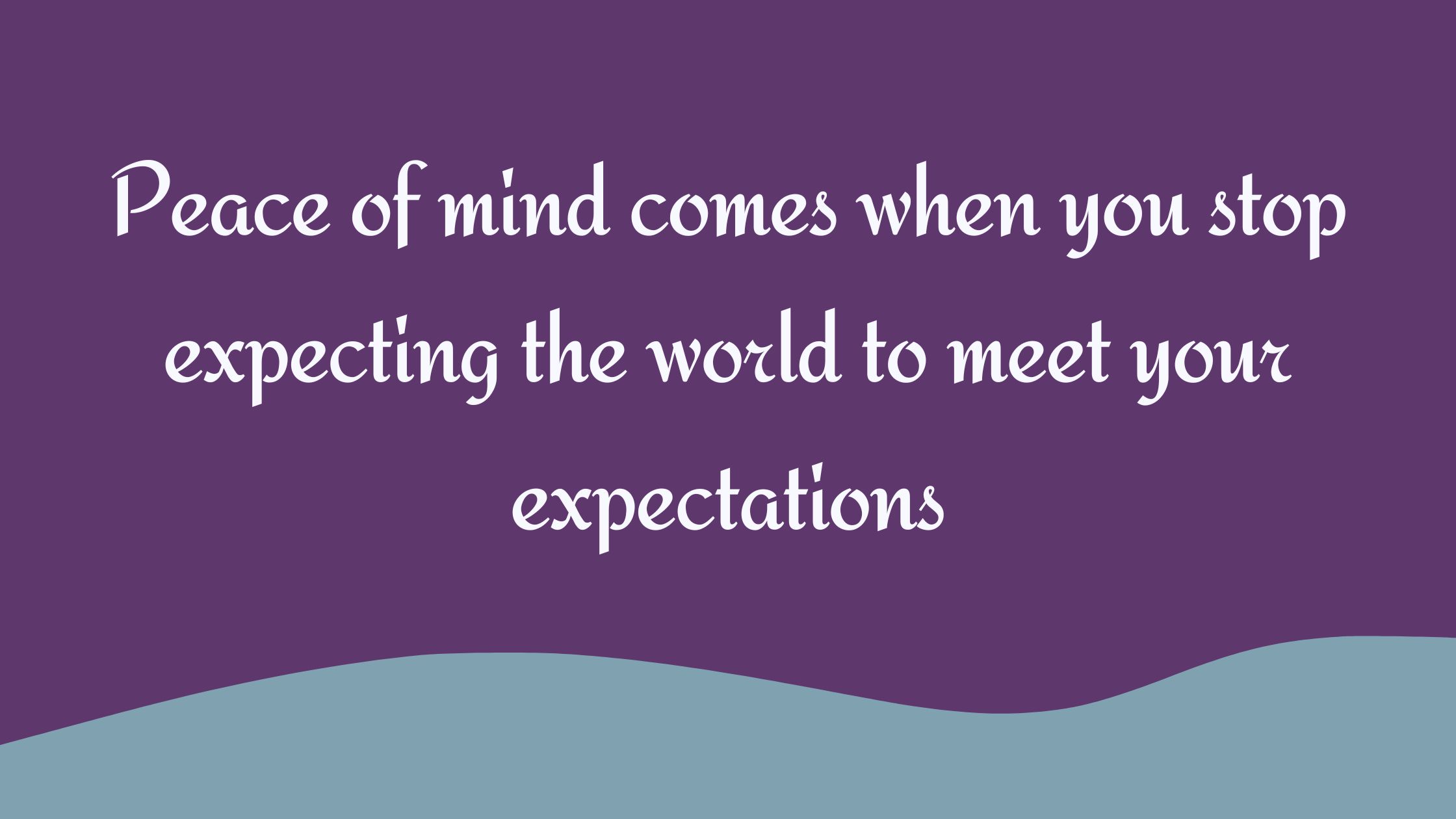7 Signs of Stress Your Body Is Showing You
Stress is something we’ve all experienced at one point or another, and while some stress can be motivating, too much can wreak havoc on your body. The signs of stress aren’t always obvious, but your body will give you clues that it’s under pressure. Stress is defined by the MedlinePlus Medical Encyclopedia as “a feeling of emotional or physical tension.” If you notice any of these physical and emotional changes, it could be your body’s way of waving a red flag.

If your sleep patterns are disrupted, it could be stress showing its impact
You’ve probably noticed that when you’re stressed, your sleep suffers. It could be difficulty falling asleep, staying asleep, or waking up early without feeling refreshed. The National Institutes of Health (NIH) explains that stress activates your body’s fight-or-flight response, which can make it harder to relax and fall into deep, restorative sleep.
As we have discussed before in our blog, lack of sleep not only leaves you feeling tired and irritable but also makes your body even more vulnerable to stress. If you’re dealing with stress, working on sleep hygiene—like sticking to a sleep schedule and avoiding screens before bed—could help calm your mind and body.
If you experience frequent headaches, it may be your body’s response to stress
When you’re under stress, you may notice tension headaches creeping in. Stress causes muscles in your head and neck to tighten, leading to pain and discomfort. According to the Cleveland Clinic, stress is one of the most common triggers for tension-type headaches. These headaches feel like a tight band around your head and can last for hours or even days if the stress is ongoing.
Stress also contributes to migraines. If you suffer from migraines, stress can increase their frequency and severity. If you’re experiencing regular headaches, it could be your body’s way of signaling that you need to reduce stress.
If you are feeling digestive issues, stress could be affecting your gut health
Your gut is closely connected to your brain, often called the “second brain,” and stress can directly impact how your digestive system functions. According to the National Library of Medicine, stress can lead to a variety of digestive issues, including stomach cramps, bloating, diarrhea, and constipation.
That’s because stress hormones, such as cortisol, interfere with the normal function of your digestive tract. Thus, if you’re noticing that your stomach is upset or you’re having digestive issues, it might not just be something you ate. Stress could be playing a huge role, and finding ways to relax and unwind might help soothe your stomach.
If you notice an increase in heart rate or palpitations, it could be stress-related
When you’re stressed, your heart may start racing or you might notice palpitations—those unexpected fluttery feelings in your chest. The Mayo Clinic explains that stress increases the production of adrenaline, which causes your heart to beat faster and harder. While occasional palpitations aren’t usually harmful, chronic stress can put a strain on your cardiovascular system, increasing your risk of heart disease over time.
If you’re frequently experiencing a fast or irregular heartbeat, it’s important to check in with your doctor to make sure stress isn’t taking a toll on your heart health.
If your muscles feel tense or painful, stress could be causing this tension
When stress hits, your muscles tend to tighten up. This is your body’s way of protecting itself from injury. However, over time, chronic tension in your muscles—particularly in your shoulders, neck, and back—can lead to pain and discomfort. Stress-induced muscle tension is extremely common, says the American Psychological Association, and can cause everything from a stiff neck to painful back spasms.
In fact, many people experience stress in specific parts of their bodies without even realizing it. If you’ve noticed more aches and pains, it might be time to pay attention to what’s stressing you out and work on loosening up those tense muscles through stretching, massage, or relaxation techniques.
If you find yourself more irritable or emotional, stress could be impacting your mental well-being
One of the biggest signs of stress isn’t physical but emotional. If you’ve been feeling more irritable, overwhelmed, or emotional than usual, it might be due to stress. Experts say that when we’re stressed, our emotions are heightened, making it easier to snap at someone or feel like the smallest things are too much to handle.
Health experts advise that chronic stress can affect your mood, making you feel more anxious or even depressed. If you notice that your emotional responses are more intense, it’s worth considering how stress might be playing a role. Practicing mindfulness, meditation, or talking to someone you trust can help you manage those emotions more effectively.
If your immune system seems weakened, stress could be to blame for frequent illnesses
Do you find yourself catching every cold or flu that’s going around? Stress could be the culprit. According to a meta-analytic study, stress weakens your immune system, therefore making you more susceptible to illnesses like colds, flu, and infections.
When you’re stressed, your body produces cortisol, which suppresses immune function. This means your body has a harder time fighting off germs and viruses. If you’ve been sick more often than usual, it might be a sign that your body is under too much stress. Strengthening your immune system by managing stress, eating a balanced diet, and getting enough rest can help you stay healthier.
The Takeaway
Stress affects us in ways we often don’t expect, and your body is constantly trying to show you when enough is enough. Whether it’s through disrupted sleep, headaches, digestive issues, a racing heart, tense muscles, mood changes, or frequent illnesses, these signs are your body’s way of saying, “Hey, slow down.”
Learning how to manage stress isn’t just about feeling better in the moment—it’s essential for your long-term health. If you’re noticing these symptoms regularly, it’s time to take action. Find stress-relief strategies that work for you, and don’t hesitate to reach out to your doctor if stress is affecting your well-being.






